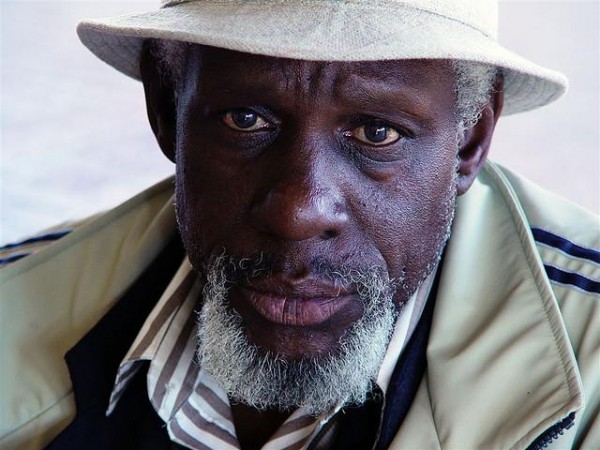Inadequate Mental Care for Depressed African-Americans with Diabetes and High Blood Pressure: Study

Majority of African-American patients suffering from mental distress and other chronic health conditions receive poor medical attention, finds a study.
Untreated and undiagnosed mental illnesses like depression and anxiety progress into risky behaviors like alcohol abuse and drug addiction. Many psychological studies have identified a link between chronic depression and weight gain, heart diseases, insomnia and diabetes. Experts at the department of psychology at the Virginia Commonwealth University found many patients of poor mental health rarely receive psychiatric treatments recommended by the American Psychiatric Association (APA).
The study looked at data from a national survey that examined the occurrence of serious health conditions like type-2 diabetes and hypertension in those suffering from depression.
Their analysis revealed 19.2 percent of patients from African-American communities had severe depression and 7.8 percent of these people also had type-2 diabetes. Around 22.3 percent of depressed African-Americans suffered from high blood pressure and also took antidepressant medication or treatment suggested by the APA.
It was observed individuals having either diabetes or hypertension were less likely to receive treatments for depression than those who were diagnosed with depression alone. But, people with all three medical conditions were thrice likely to adhere to any treatment guidelines for health care.
"People who have depression are more likely to develop type 2 diabetes and vice versa," said Amma A. Agyemang, study author and researcher at the Virginia Commonwealth University in a news release.
"We found depression treatment below par for minorities, even those with co-morbid diabetes or hypertension. Having a mental illness and a medical illness makes both more complex to treat, and the rate of obtaining depression treatment remains low for this population," adds Agyemang.
The authors believe trends in seeking medical care and attention for depression and anxiety among African-American population are largely influenced by their personal opinion on health care system. Most African-Americans avoid seeing doctors for mental disturbances fearing social stigma or because they just don't trust the treatment system. Also, doctors and healthcare providers are not trained to recognize mental ailments in minority communities in the U.S.
"As the discipline of psychology continues moving closer to really integrating mental health services into broader medical settings, perhaps we can close the gap in mental health treatment and health disparities for minority populations," said Agyemang.
More information is available online in the journal General Hospital Psychiatry.
Jul 25, 2014 04:26 AM EDT





